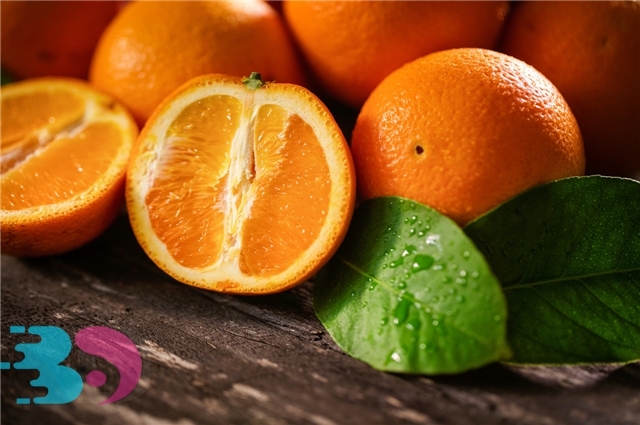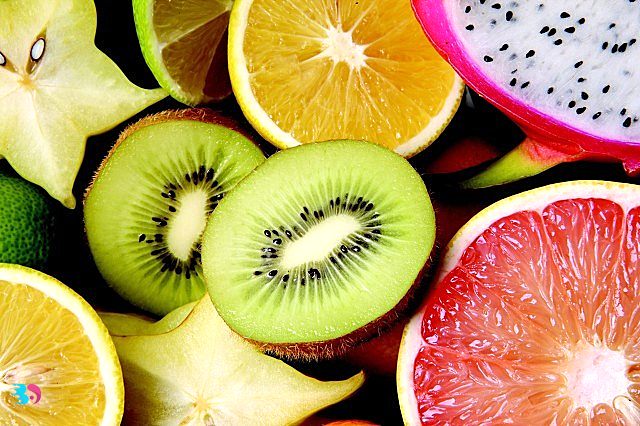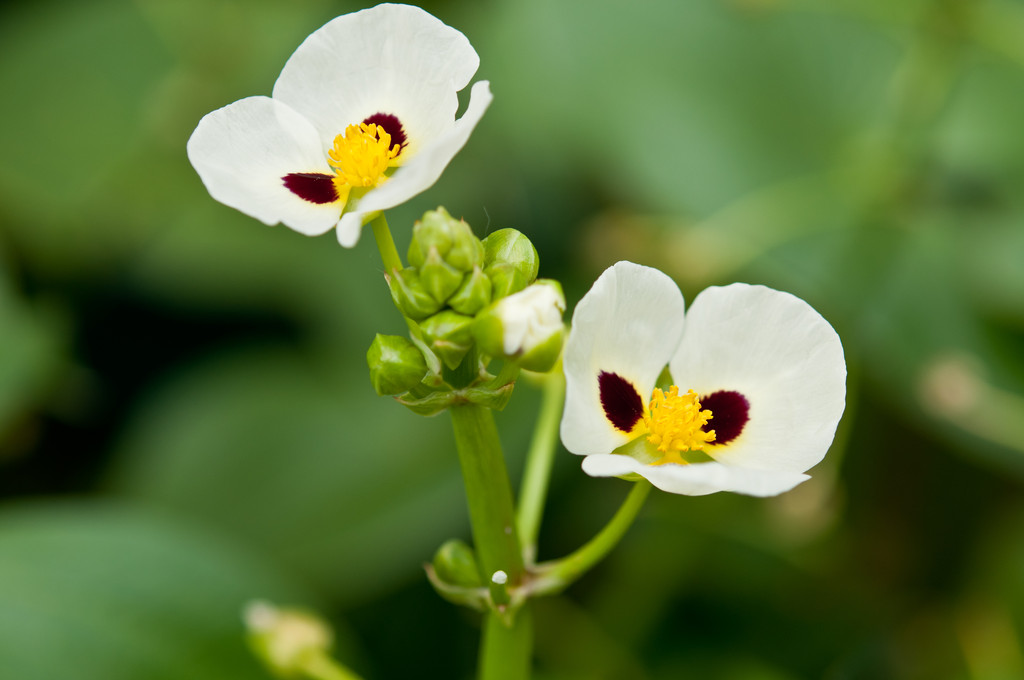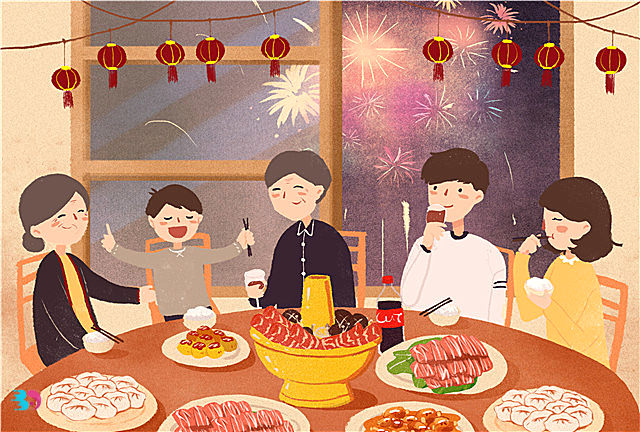和英语怎么读(和英语怎么读and)
在英语中and怎么连读?一分钟学会,让你张口就是湖
有朋友问我,他在看英文歌词的时候,有时候会遇到写法,字母n前后加一个撇号,甚至像摇滚都写成 rock ‘n’ roll。 字母n带撇号是什么意思呢?
其实就是and,简写成n。但是里头透露出一个天大的秘密。我们在说 a和b的时候,不要那么太用力。 A and b,生怕漏掉一个音就可惜了。
其实刚刚相反,句子里面and往往念的很轻。这个d音不用发出来,而且前面的an把它弱读成n,甚至在鼻子里面轻轻的n一下就可以。
所以摇滚不要说rock and roll要说 rock ‘n’ roll,你和我you and me,妈妈和爸爸,mom and dad。英国的国菜——炸鱼和薯条,fish and chips。
15秒记一个单词(第628个)partner
partner /'pɑːtnə/ n. 合伙人:击收听音频跟读 ↓↓↓ ↓↓↓ ↓↓↓例句/词组:a partner in a law firm
法律事务所的合伙人
英语解释:one of the people who owns a business and shares the profits, etc. 合伙人:
广州版小学英语四年级下册单词表带音标
Unit 1look like 美 [lʊk laɪk]看起来像......
which [wt] 英 [wɪtʃ] 美 [wɪtʃ]哪一个;哪一些
with [wd] 英 [wɪð; wɪθ] 美 [wɪð; wɪθ] 有;和...在一起
glasses ['glɑ:sz] 美 ['ɡlæsɪz] 眼镜
her 英 [hə(r); ɜː(r); ə(r); hɜː(r)] 美 [hər; ɜːr; ər; hɜːr]]她(she的宾格)
know 英 [nəʊ] 美 [noʊ] 知道
him [hm] 他(he的宾格)
policewoman [p'li:swmn] 女警察
policewomen [p'li:swmn] 女警察(复数)
uniform ['ju:nf:m] 制服
its [ts] 它的
their [de(r)] 他(她、它)们的
*****************************
Unit 2kind [kand]和蔼的;慈祥的
What is...like?......像什么?
shy [a]害羞的
round [rand] 圆的
friendly ['frendli] 友好的
*****************************
Unit 3daily ['deli] 日常的;每日的
*routine [ru:'ti:n]固定的程序;常规
time [tam] 时间
It’s time to/for...是......的时候了
up [p] 向上
get up 起床
o’clock [’klk]...点钟
half [hɑ:f] 半,一半
past [pɑ:st] 超过
half past… ......点半
quarter ['kw:t(r)] 一刻,十五分钟
to [t] 差......到......(点钟)
a quarter to... ......点四十五分(差一刻钟到……点)
sleep [sli:p] 睡觉
tired ['tad] 疲倦的
lunch [lnt] 午餐
back [baek] 回
home [hm] 家
dinner ['dn(r)]晚餐
teach [ti:t] 教
paint [pent] 画;涂(颜色)
*****************************
Unit 4have class 上课
usually 英 [ˈjuːʒuəli; ˈjuːʒəli] 美 [ˈjuːʒuəli; ˈjuːʒəli]通常
well 英 [wel] 美 [wel]好
day 英 [deɪ] 美 [deɪ]天,日
breakfast 英 [ˈbrekfəst] 美 [ˈbrekfəst]早餐
from 英 [frəm; frɒm] 美 [frəm; frʌm; frɑːm]从
from...to... 从......到……
hmmm... 唔......
exercise 英 [ˈeksəsaɪz] 美 [ˈeksərsaɪz]练习
take exercise 体育锻炼
run 英 [rʌn] 美 [rʌn]跑步
go running 去跑步
swim 英 [swɪm] 美 [swɪm]游泳
go swimming 去游泳
Unit 5week 英 [wiːk] 美 [wiːk]周,星期
today 英 [təˈdeɪ] 美 [təˈdeɪ]今天
Wednesday 英 [ˈwenzdeɪ; ˈwenzdi] 美 [ˈwenzdeɪ; ˈwenzdi] 星期三
Thursday 英 [ˈθɜːzdeɪ; ˈθɜːzdi] 美 [ˈθɜːrzdeɪ; ˈθɜːrzdi] 星期四
why 英 [waɪ] 美 [waɪ]为什么
Sunday 英 [ˈsʌndeɪ; ˈsʌndi] 美 [ˈsʌndeɪ; ˈsʌndi]星期天
Monday 英 [ˈmʌndeɪ; ˈmʌndi] 美 [ˈmʌndeɪ; ˈmʌndi]星期一
Tuesday 英 [ˈtjuːzdeɪ; ˈtjuːzdi] 美 [ˈtuːzdeɪ; ˈtuːzdi]星期二
Friday 英 [ˈfraɪdeɪ; ˈfraɪdi] 美 [ˈfraɪdeɪ; ˈfraɪdi] 星期五
Saturday 英 [ˈsætədeɪ; ˈsætədi] 美 [ˈsætərdeɪ; ˈsætərdi] 星期六
*****************************
Unit 6always [':lwez] 总是
parent ['pernt]父(母)亲
housework ['hasw:k] 家务
never ['nev(r)]从来不
often ['fn]经常
go shopping 去购物
park [pɑ:k]公园
visit ['vzt]参观
film [flm]电影
*****************************
Unit 7activity [aek'tvti]活动
free[fri:]空闲的;自由的
feel [fi:l] 感觉
bored [b:d]烦闷的
Me too. 我也是
do some reading 读点书
interesting ['ntrst]有趣的
cartoon [kɑ:'tu:n]漫画
shall [l]将要
Shall we...? 我们......好吗?
king [k]国王
Monkey King猴王
take photos 拍照
listen ['lsn]听
listen to... 英 [ˈlɪsn tʊ] 美 [ˈlɪsn tu] 听......
email ['i:mel]发电子邮件;电子邮件
picnic ['pknk]野餐
*****************************
Unit 8have a look 美 [hæv ə lʊk]看一下
fish 英 [fɪʃ] 美 [fɪʃ]钓鱼
fly 英 [flaɪ] 美 [flaɪ]放(风筝);飞
dance 英 [dɑːns] 美 [dæns] 跳舞
*****************************
Unit 9fun 英 [fʌn] 美 [fʌn]有趣
basketball 英 [ˈbɑːskɪtbɔːl] 美 [ˈbæskɪtbɔːl]篮球
football 英 [ˈfʊtbɔːl] 美 [ˈfʊtbɔːl]足球
*kung fu 英 [,kʌŋ'fu:] 美 [ˌkʌŋ ˈfuː]功夫;武术
think 英 [θɪŋk] 美 [θɪŋk]想
skate 英 [skeɪt] 美 [skeɪt]溜冰
try 英 [traɪ] 美 [traɪ]试;尝试
table tennis 英 ['teɪb(ə)l'tenɪs] 美 [ˈteɪbl tenɪs]兵乓球
jump 英 [dʒʌmp] 美 [dʒʌmp]跳
the long jump 英 [ðə ˈlɒŋ dʒʌmp]跳远
high 英 [haɪ] 美 [haɪ]高的;高地
the high jump 英 [ðə ˈhaɪ dʒʌmp] 美 [ðə ˈhaɪ dʒʌmp]跳高
tennis 英 [ˈtenɪs] 美 [ˈtenɪs] 网球
chess 英 [tʃes] 美 [tʃes](国际)象棋
*****************************
Unit 10arm 英 [ɑːm] 美 [ɑːrm]手臂
volleyball 英 [ˈvɒlibɔːl] 美 [ˈvɑːlibɔːl]排球
fast 英 [fɑːst] 美 [fæst]快的;飞快地
water 英 [ˈwɔːtə(r)] 美 [ˈwɔːtər]水
bath 英 [bɑːθ] 美 [bæθ]洗澡
take a bath 洗澡
clever 英 [ˈklevə(r)] 美 [ˈklevər]聪明的
*badminton 英 [ˈbædmɪntən] 美 [ˈbædmɪntən]羽毛球
their 英 [ðeə(r)] 美 [ðer]他们的;她们的;它们的
*****************************
Unit 11celebration 英 [ˌselɪˈbreɪʃn] 美 [ˌselɪˈbreɪʃn]庆祝
was英 [wəz; wɒz] 美 [wəz; wʌz]是(is,am的过去式)
be born… 生于……
January 英 [ˈdʒænjuəri] 美 [ˈdʒænjueri]一月
present 英 [ˈpreznt] 美 [ˈpreznt] 礼物
card 英 [kɑːd] 美 [kɑːrd]卡;卡片
go on 进行
party 英 [ˈpɑːti] 美 [ˈpɑːrti]聚会
candle 英 [ˈkændl] 美 [ˈkændl] 蜡烛
cake 英 [keɪk] 美 [keɪk]蛋糕
February 英 [ˈfebruəri] 美 [ˈfebrueri] 二月
March March三月
April 英 [ˈeɪprəl] 美 [ˈeɪprəl]四月
August 英 [ˈɔːɡəst] 美 [ˈɔːɡəst]八月
June 英 [dʒuːn] 美 [dʒuːn] 六月
November 英 [nəʊˈvembə(r)] 美 [noʊˈvembər]十一月
*****************************
Unit 12Christmas ['krsms]圣诞节
December [d'semb(r)]十二月
already [:l'redi]已经
soon [su:n]不久
lot [lt]许多
lots of 许多的;大量的
dress [dres]穿着
as [z]如;像
dress up as 穿得像
Father Christmas 圣诞老人
July [du'la]七月
summer ['sm(r)]夏天
holiday ['hlde]假日
May [me]五月
Mother’s Day 母亲节
September [sep'temb(r)]九月
Teachers’ Day 教师节
October 英 [ɒkˈtəʊbə(r)] 美 [ɑːkˈtoʊbər]十月
*Halloween Halloween万圣节
spring 英 [sprɪŋ] 美 [sprɪŋ]春天
festival['festvl]节日
Spring Festival [sprɪŋ ˈfestɪvl]春节
Autumn和fall傻傻分不清楚?区别原来在这里
学英语的人一般都知道,秋天有autumn和fall两种说法,只不过英国人一般把秋天叫作autumn,而美国人在指代秋天的时候常常会用另一个说法:fall(落下)。有的人以为autumn是传统说法,而fall是现代别称,其实fall的历史比autumn还要悠久。
September 23, 2019, marks the start of a new season—but what exactly you should call that season depends on where in the world you are and whom you ask.
2019年9月23日(秋分)标志着新季节的开始,但是你应该如何称呼这个季节取决于你在世界上的哪个地方以及你问的是哪国人。
In Great Britain, the third season of the year usually has only one name: autumn.
在英国,一年的第三个季节通常都只有一个名字:autumn。
But if you hop across the Atlantic, you'll find that people use both fall and autumn interchangeably when referring to this time of year, it the only season in the English language with two widely accepted names.
但如果你横跨大西洋,你会发现人们交替使用fall和autumn来指代秋天,于是秋天便成了英语中唯一一个拥有两个广为接受的名字的季节。
那么是什么让这个季节如此特别呢?
According to Dictionary, fall isn't a modern nickname that followed the more traditional autumn. The two terms are actually first recorded within a few hundred years of each other.
根据词典网站Dictionary,fall并不是秋天的传统说法autumn的现代别称。这两个说法最早的记录相距时间不到几百年。
Before either word emerged in the lexicon, the season between summer and winter was known as harvest, or hærfest in Old English.
在这两个词出现之前,夏天和冬天之间的这个季节在英语中被称为harvest,古英语是hærfest。
The word is of Germanic stock and meant \"picking,\" \"plucking,\" or \"reaping,\" a nod to the act of gathering and preserving crops before winter.
该词源于日耳曼语,意思是“采摘”或“收割”,指的是在冬天之前收集和储藏粮食。
In the 1500s, English speakers began referring to the seasons separating the cold and warm months as either the fall of the leaf or spring of the leaf, or fall and spring for short.
在16世纪,以英语为母语的人开始用树叶的落下(简称fall)或生长(简称spring)来指代寒热两季之间的几个月。
Both terms were and evocative, but for some reason, only spring had staying power in Britain. By the end of the 1600s, autumn, from the French word autompne and the Latin autumnus, had overtaken fall as the standard British term for the third season.
两个词都是既简单又形象,但是出于某种原因,只有spring在英国流传了下来。到了17世纪末,源自法语autompne和拉丁语autumnus的autumn取代fall成为指代第三个季节的标准英国用词。
evocative[ɪ'vɑkətɪv]:唤起回忆的;引起共鸣的
Around the same time England adopted autumn, the first-ever British American colonists were voyaging to North America.
大约在英格兰人采用autumn来指代秋天的同一时间,第一批去美国的英国殖民者开始漂洋过海到了北美。
With them they brought the words fall and autumn, and while the former fell out of fashion overseas, it solidified itself in the local vernacular by the time America won its independence.
他们将fall和autumn带到了北美大陆,尽管前者fall在大洋彼岸已经不再流行,但是它却在美国获得独立之前在当地方言中站稳了脚跟。
Today, using both words to describe the season before winter is still a uniquely American behavior.
如今,用两个词来指代冬天之前的这个季节仍然是美国独有的做法。
这下你弄明白autumn和fall之间的关系了吗?
编辑:陈丹妮
英文来源:Mental Floss
声明:转载此文是出于传递更多信息之目的。若有来源标注错误或侵犯了您的合法权益,请作者持权属证明与本网联系,我们将及时更正、删除,谢谢。
热门推荐
推荐阅读
热门标签
热门精选
- 06-25塔罗牌恶魔正位(塔罗牌恶魔正位代表什么)
- 07-04九紫(九紫是什么意思)
- 06-17八字算命无金(八字没有金代表什么)
- 06-22潘昭佑讲八字(潘昭佑八字理论之)
- 06-23紫薇星下凡(紫微星为什么老是下凡)
- 06-24杨紫是什么星座(杨紫的星座是什么座)
- 06-23左边右边(左右是如何定义的)
- 06-28观音灵签8(姚能遇仙是什么意思)
- 06-12太白星八字(八字如何看神煞)
- 06-12八字紫薇命盘(如何查自己的命宫)
紫微斗数最新文章



- 12-30和英语怎么读(和英语怎么读and)
- 12-30反弓煞(反弓煞什么意思)
- 12-30袂是什么意思(袂是什么意思怎么读)
- 12-30华为激活模式破解教程(华为激活模式破解教程视频)
- 12-30失聪什么意思(双耳失聪什么意思)
- 12-30八卦速记口诀(先后天八卦速记口诀)
- 12-30比较有文化底蕴的群名(比较有文化底蕴的群名俩字)
- 12-30悦字五行(悦字五行属什么属性)
- 12-29梦见家里办丧事(梦见家里办白事什么预兆)
- 12-29泰山石摆放禁忌(院子里泰山石摆放禁忌)












